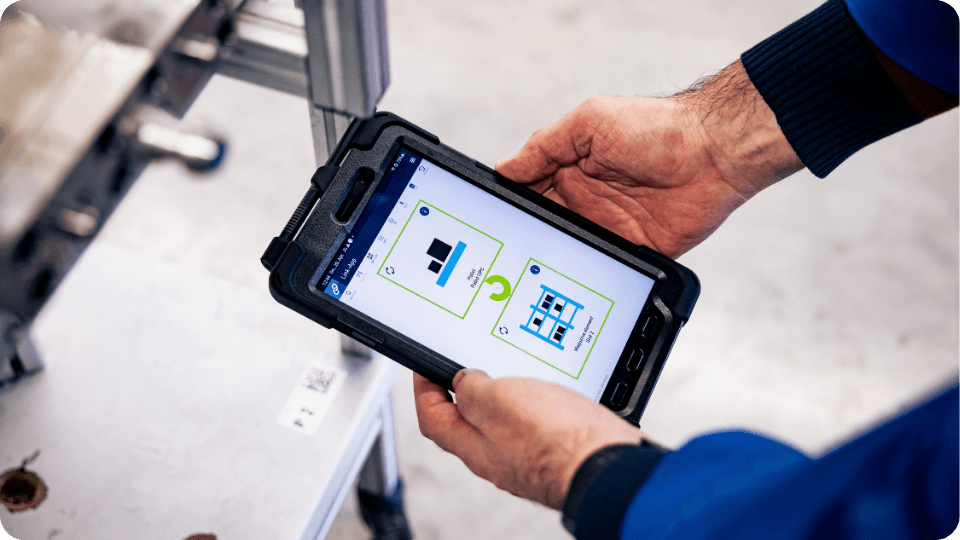Digitalization and responsibility

Who hasn't experienced this? You have a cumbersome process in your workflows that you urgently want to improve, preferably using a digital tool. So you start looking for a suitable solution, try out various approaches and finally decide on a provider. The new tool actually improves the processes and the benefits that were expected are realized. So far so good.
However, especially when introducing a digital tool not only for yourself but also for others, it is crucial that everyone involved is aware that you are still responsible for the work results. As the name suggests, the tool is above all a tool and not a magic wand, even if the solution provider's marketing sometimes suggests this. It's all too easy to believe: "I'll buy this tool and all my problems will be solved". And it is precisely this reflexive thought that tempts us to hand over our responsibility to the tool or solution. The term "software solution" already implies this in a tempting and perhaps misleading way.
Of course, this is just as true in the material world. Even the best and most expensive drill cannot prevent the wall shelf from hanging askew in the end if the work is not done properly. This is usually obvious to everyone. In the software world, however, things are often a little more abstract and not as easy to grasp straight away as in the real world and the drilling machine example. This is especially true when the problem to be solved or the process to be improved is fundamentally characterized by a high degree of complexity, such as in single-part production.

In this respect, it is important at the beginning of a digitalization initiative to take a close look at your own problem and to be fully aware of the problem to be solved and not to decide on a solution prematurely. It is important to consider the problem and the solution separately. Only with a comprehensive understanding of the problem the right solution can be found. Using the solution still does not release you from responsibility for the result, but the expectations are clearer and the digitalization initiative is more sustainable.
However, solution providers also bear responsibility. They should not make unrealistic promises or make customers believe that the solution will magically solve all problems. Open and transparent communication is crucial, especially if the provider recognizes that the customer expects more than can be offered or is technically possible. This requires courage, but is the basis for successful cooperation.
The EVOMECS software suite is a highly complex tool for the digitalization of production. Accordingly, we are well aware of the issues described and our own responsibility. Based on our experience, we therefore offer, for example, to test the system or parts of the system risk-free over a certain period of time in early phases using lean proof-of-concept projects and to check its suitability. If you have challenges in your production and would like to know whether EVOMECS could be a suitable solution, please contact us!


